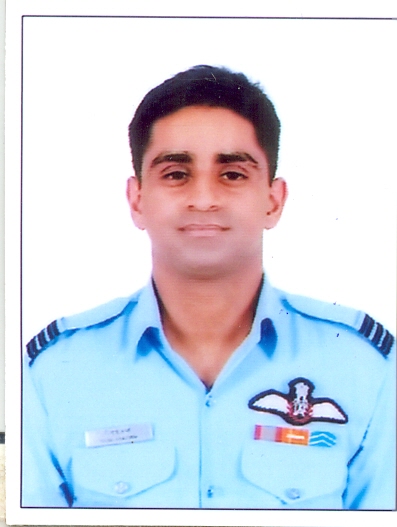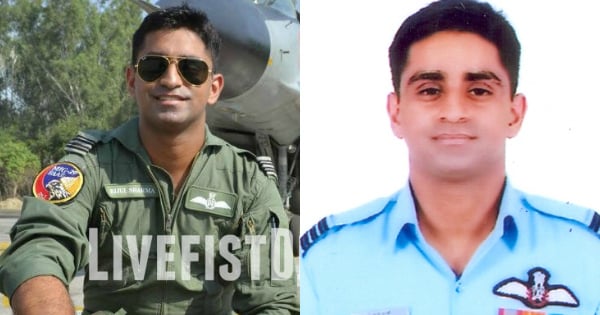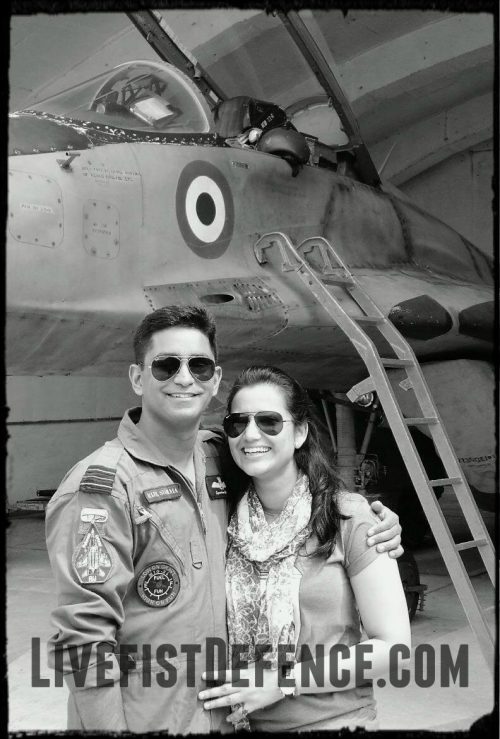Suppose you a test pilot and are flying an air test sortie at a supersonic speed at a height of 10 km just when the canopy of the plane you are flying shatters. You are authorised to eject. What would you do?
Since authorised to eject, most of us would eject ourselves from the broken plane. But not Squadron Leader Rijul Sharma, who displayed exemplary courage and saved the plane worth crores from being damaged apart from saving critical oil installations and steering the plane away from populated areas.

On 1st June 2016, Squadron Leader Rijul Sharma was authorised to fly an Air Test sortie on MiG-29 at Supersonic Speeds at a height of 10 km. While conducting this test in Supersonic Flying corridor; 110 km away from the base at a speed of 1.1 Mach (around 1200-1300 kmph), the canopy perspex of the aircraft shattered.
Just for our perspective, the maximum speed commercial planes can attain is just 800-900 kmph as when compared to the supersonic speed the officer was flying in.
This resulted in explosive decompression and perspex pieces hitting the officer on his right shoulder. In the absence of canopy; he was exposed to extremely low temperatures of minus 28oC and very severe wind blast owing to very high speed.
Just FYI, human exposure to such low temperatures, aero-medical problems of decompression sickness and few seconds to useful consciousness due to Hypoxia required prompt actions on the part of the pilot.
Weighing against the option of ejecting and displaying the courage of an exceptional order, Sqn Ldr Rijul Sharma decided to recover the aircraft.
In the process, he totally disregarded his critical shoulder injury and the discomfort posed by high speed, high altitude and low temperatures. To avoid the effects of aeromedical problems he quickly descended to 3 km and simultaneously reduced speed for effective control of the aircraft.
Displaying concern to other lives and national assets he avoided flying close to oil installations and populated areas which were en-route. Notwithstanding the reduced frontal visibility, very high cockpit noise level and heavy aircraft weight, he skillfully handled the damaged aircraft and executed a safe emergency landing, without any further damage to the aircraft. His actions in handling such a critical emergency, not only saved his own life and the aircraft but also prevented possible catastrophic damage to en-route strategically important and vital petrochemical installations and populated areas.
Squadron Leader Rijul Sharma lived to accept the Vayu Sena Medal awarded to him for Gallantry.














